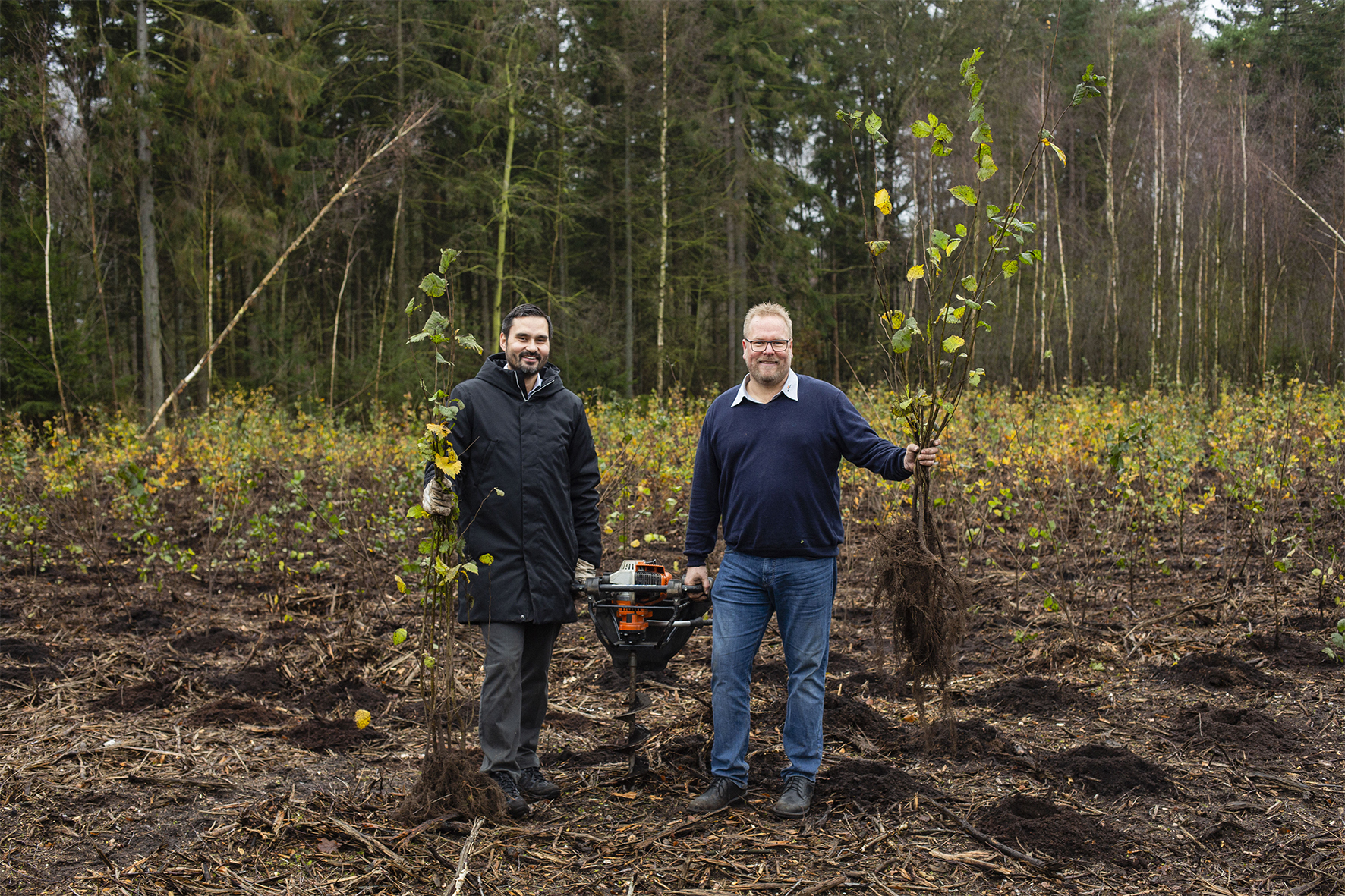Hitachi ZeroCarbon today unveils a holistic suite of EV fleet solutions designed to simplify every step of fleet electrification, from planning and strategy support, facilitating EV financing, through to a technology platform delivering charging management and battery optimisation – driving decarbonisation across the fleet ecosystem.
With various legal directives across Europe mandating that all new vehicles must be zero-emission by 2035, fleet managers have only a decade to decarbonise. Recognising that many fleets are at different stages of their electrification journey, from building the business case, to looking for affordable financing, to trialling EVs, Hitachi now provides a one-stop-shop service that supports all aspects of the EV fleet ecosystem. The comprehensive solution suite empowers fleet operators to accelerate the runway to electrified transport.
New solutions that are now available include:
• ZeroCarbon Fleet: The combination of Hitachi’s charging and battery management capabilities, Fleet ensures vehicles are safely charged to meet daily operations, manages batteries to protect their long-term performance, and enables organisations to unlock new energy revenue streams from EV fleets.
• ZeroCarbon Charge: Charge is a 24/7 managed service and technology platform, providing real-time alerts, live vehicle monitoring, load balancing and advanced tariff optimisation for reliable charging operations and lower electricity costs.
• ZeroCarbon BatteryManager: The battery is the most valuable component of an electric vehicle. BatteryManager provides a managed service and advanced asset analytics technology platform to help protect performance, extend battery life and maximise its residual value.
• ZeroCarbon Strategy: Hitachi’s energy expertise supports fleet managers through every step of the electrification process, through designing bespoke decarbonisation strategies, conducting site assessments, calculating total cost of ownership, facilitating access to financing through its partners and identifying new energy and asset utilisation revenue opportunities.
These solutions were born out of Hitachi ZeroCarbon’s involvement in Optimise Prime, the world’s largest commercial trial of over 8000 EVs. Hitachi worked closely with major UK fleets, leading technology providers and local distribution network operators to develop and test impactful EV fleet solutions.
Alongside its ability to support fleets through a variety of funding solutions, from providing access to low-cost finance, co-invested equity and debt-based finance, Hitachi ZeroCarbon now has a market-leading end-to-end proposition for fleets. Solutions can all be tailored to the specific needs of public transport operators, utilities and facilities fleets, hauliers and last mile delivery businesses.
Commenting on the launch, Mike Nugent, Chief Revenue Officer, Hitachi ZeroCarbon said: “We understand that every business is unique, and has its own set of decarbonisation challenges, so we’re proud to have curated a service that threads the entire process together in one seamless offering. Our customers are telling us they don’t know where to start, and need support through every step of the journey. That’s why we combine bespoke strategies with a people-first approach to transformation, showing how close management of charge infrastructure and battery assets can deliver real business value. We are experts at taking the complexity out of electrification, and removing capital constraints, so operators can enjoy greater benefits, sooner.”
Stig Tvergrov at Posten Bring, one of Hitachi ZeroCarbon’s key customers, added: “We operate in a challenging environment where the conditions can change dramatically based on season. We needed a resilient and proven electrification partner that had the solutions to anticipate challenges and address them before they materialised.
“Hitachi’s ZeroCarbon’s end-to-end service ticked a lot of boxes, and through our deployment of ZeroCarbon Charge, we achieved complete visibility into the health and performance of our key battery assets, so we can optimise our vehicles based on route, journey, or condition. The service plugged seamlessly into our existing site hardware and software too, which meant no disruption during installation. It led to us having complete visibility over both vehicles and chargers, allowing us to rely on new technology and help us towards achieving our climate goals early.”
Hitachi ZeroCarbon already manages over a thousand electric vehicle assets across Europe, North America and Asia, supporting the global shift to electrified transport. Across its portfolio, Hitachi provides an around-the-clock managed service, with swift incident resolution and expert support to prevent operational risk or disruption. Its services are technology agnostic, so can integrate with any existing fleet hardware or software systems, while its expertise in data science provides market-leading charging and battery optimisation to maximise the value from electric vehicle fleets.



![[Podcast] Electric Freightway: Decarbonising the UK’s HGVs](https://9e1ed6cd27b6b3199380.b-cdn.net/wp-content/uploads/2025/07/Designer.png)

